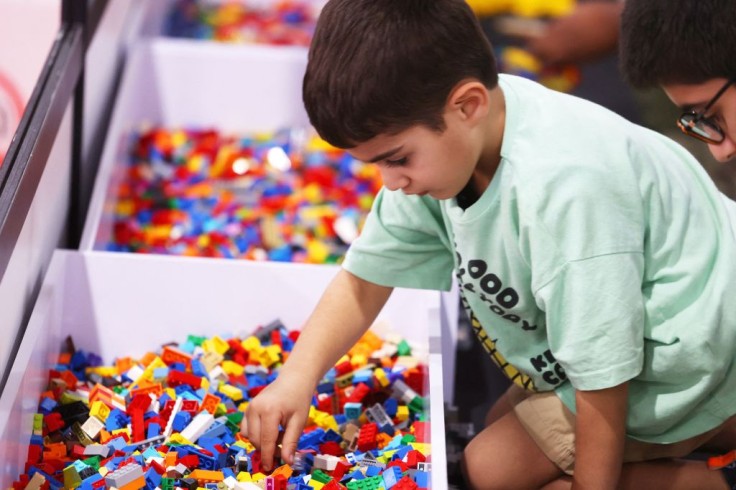
Teaching kids to clean after themselves could start young or could begin anytime they are both mentally and physically capable of delivering tasks.
The ability for children to clean up after their own messes will be a vital life skill they can use until they grow into adulthood. This skill also teaches kids independence, accountability, and self-reliance.
Educating children on taking care of their own messes is an important life skill that supports accountability and self-reliance. Here are ten useful cleaning techniques for children that will assist them in forming positive behaviors and maintaining cleanliness in their surroundings.
10 Practical Cleaning Tips for Kids
1. Establish Defined Expectations
Clearly communicate your expectations to your children about cleaning. Clarify the tasks that require completion, their frequency, and the level of quality expected. Children are more inclined to comply when they understand the expectations set for them. Establishing clear expectations is crucial when teaching children how to clean well.
2. Turn Cleaning Into an Enjoyable Activity
Make cleaning a pleasurable task. Listen to lively music, invent fun cleaning activities, or organize amicable contests. For instance, determine who can collect the largest number of toys within a specific period. By turning cleaning into an enjoyable activity, children can stay interested and inspired, leading to a smoother process of tidying up.
3. Tasks Need To Be Age-Appropriate
Only hand out tasks that are age-appropriate for children. Younger children with less developed motor skills can only be capable of a few things while the harder chores could be met by the older kids. When giving kids cleaning advice, it's important to take into account their stage of development.
4. Utilize Visual Indicators
Visual clues can provide great support for young kids. Utilize charts, images, or color-coordinated containers to show the designated locations for items. Visual aids assist children in remembering placement and in cultivating organizational skills. These signals are excellent aids for educating children on how to tidy up.
5. Model Good Behavior
Kids learn from watching their parents. Show good cleaning practices by cleaning up your mess. When your kids observe you cleaning, they will probably imitate and recognize that cleaning is a regular aspect of everyday life. Demonstrating positive behavior is one of the best hands-on cleaning tips for children.
6. Create a Regular Schedule
Establish a regular cleaning routine. Choose specific times daily or weekly to assign cleaning duties. Following a consistent schedule assists kids in forming positive behaviors and ensures that tidying up is a familiar aspect of their daily routine. Consistency is vital in guiding children to regularly tidy up after themselves.
7. Celebrating and Acknowledging Positive Behavior
To instill good behavior in children, positive reinforcement can work wonders if you try it. No matter how small their achievement or accomplishment is, acknowledge their hard work. Parents can also try introducing a reward system to help motivate the kids to make cleaning a habit.
8. Educate on How To Manage Tasks Effectively
Assist your kids in enhancing their organizational skills by teaching them how to classify and store their possessions. Instruct them on categorizing, utilizing storage containers, and grouping like items. Having good organizational skills can simplify and streamline the cleaning process. This method is essential for teaching children how to clean efficiently.
9. Divide Tasks Into More Manageable Steps
Kids can feel overwhelmed by big cleaning jobs. Divide tasks into more manageable and smaller steps. Instead of telling kids to clean their whole room, you can suggest a more actionable plan such as taking it one corner at a time. You can suggest cleaning their cabinet first, the toys, their books, and go on from there. Dividing chores into little tasks is a highly effective cleaning suggestion for children.
10. Exercise Patience and Maintain Consistency
It is crucial to be patient and consistent. It is important to know that children will not automatically be exemplary in cleaning after themselves with just a few instructions. This is a continuous and gradual process and patience will be needed. Maintaining a consistent approach will aid children in forming long-lasting cleaning routines.
Instructing children to tidy up teaches them an important skill that establishes the basis for being responsible and independent.
You can assist your children in forming long-lasting good cleaning habits by establishing clear expectations, turning cleaning into an enjoyable activity, and offering positive reinforcement. Applying these useful cleaning strategies for children will simplify and enhance the experience for the entire family.
Related Article: Plant-Based Meals for Kids: 5 Delicious Recipes for Healthier Eating